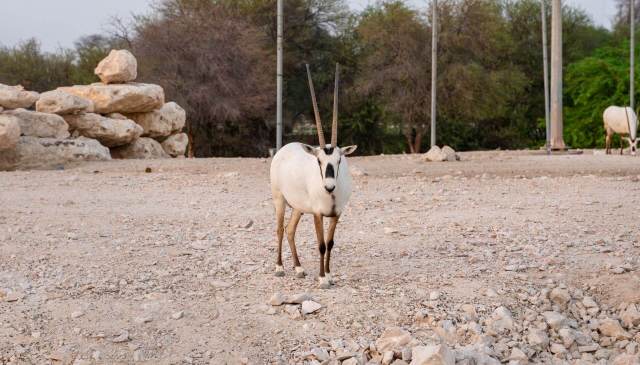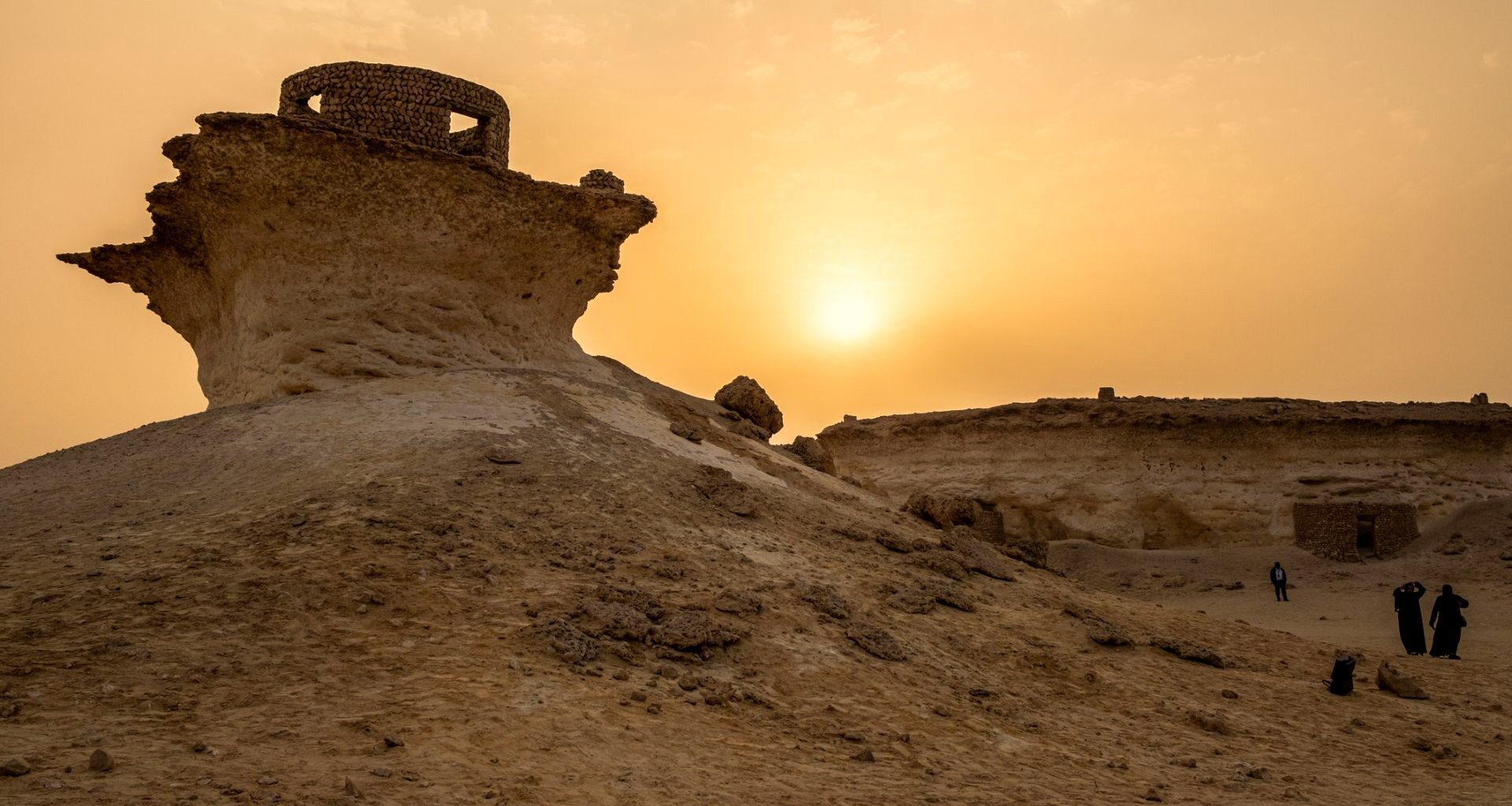Qatar is best known for its futuristic skyline and luxury hotels. But beyond the city, nature is springing back to life.
Over the last few decades, Qatar has made huge strides in conservation, reported Forbes. The Arabian oryx, once extinct in the wild, roams about. There are around 1,000 in Qatar and about 10,000 across the Arabian Peninsula.
Hawksbill sea turtles are making a comeback too. Since 2003, the Sea Turtle Protection Project has released more than 87,000 baby turtles into the ocean.
 Photo Credit: iStock
Photo Credit: iStock
The country is also replanting mangroves along its fragile coastline, restoring 40 hectares so far. These mangroves protect shorelines, clean the air, and give fish and birds places to live.
Desert nations face tough challenges. Extreme heat, limited water, and rapid development make it hard for nature to survive. But Qatar is proving that recovery is possible.
“Qatar’s approach to conservation is unique because of its focus on adaptation strategies that allow restoration projects to withstand extreme hot, arid, and saline conditions,” Dr. Radhouan Ben-Hamadou, director of research and policy development at Qatar Foundation’s Earthna Center for a Sustainable Future, told Forbes.

The era of compromises is over. With T-Mobile, getting a brand-new phone is finally simple — and it only takes 15 minutes per line to switch over.
With Easy Switch, you’ll get customized insights and recommendations about what plan is right for you. Plus, once you make the switch, your new phone is eligible for same-day delivery.
The country also invites locals to take part. Students plant mangroves, record bird sightings, and help monitor wildlife.
One volunteer, Aisha Yusuf, said, “When I planted my first mangrove seedling, I felt I was truly contributing to something tangible that benefits the environment. I was amazed by how mangroves endure changing tides while protecting coastlines and sheltering so many species.”
Conservation is even becoming part of tourism. Visitors can join turtle hatchling releases, kayak through mangroves, and spot rare birds migrating through Qatar. These experiences connect people directly to nature and show that progress is possible when communities get involved.
Qatar’s success mirrors other global efforts, such as the NEOM Nature Reserve in Saudi Arabia and Colorado’s return of wild boreal toads. Each shows that protecting wildlife is not just good for animals but for everyone who depends on the environment.
For travelers, locals, and conservationists alike, these restoration strategies prove that nature will return when given the chance.
💰Get TCD’s free newsletters for easy tips to save more, waste less, and make smarter choices — and earn up to $5,000 toward clean upgrades in TCD’s exclusive Rewards Club.
